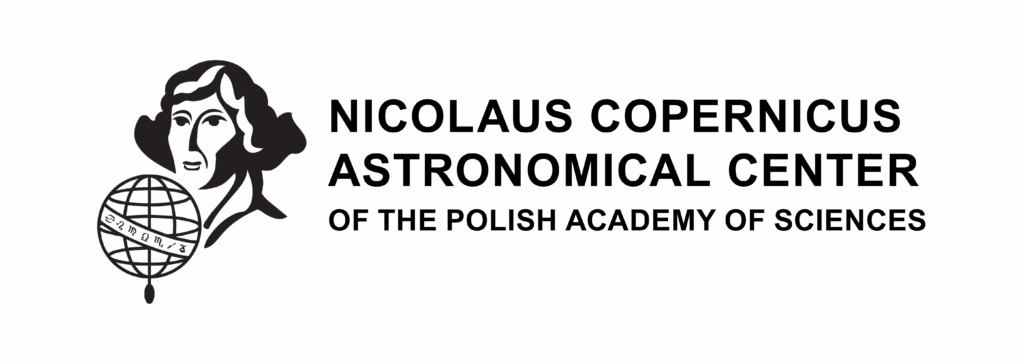Cooperation with INFN on the DarkSide-20k experiment
On 2 October 2021 our colleague Dr Marek Walczak (research group 1) returned from a scientific trip to the National Institute of Nuclear Physics (INFN) in Genoa, Italy. He spent three intensive weeks there working on testing the veto Photo Detector Modules and developing software for analyzing data from the tested setups. All this time he collaborated with other INFN scientists from Gemma Testera’s group: Bianca Bottino, Alessio Caminata, Simone Copello and Stefano Davini.
International internship in the framework of the DarkWave project
In June 2021, one of our PhD students, Iftikhar Ahmad (research group 4 led by Dr Masayuki Wada), moved to Italy for a long-term fellowship. At the INFN (National Institute for Nuclear Physics) in Turin, Iftikhar is working with a team of scientists led by Dr. Manuel Dionisio da Rocha Rolo.
Cenk Türkoğlu: “In particle physics, you are working as a team”
Dr. Сenk Turkoglu, AstroCeNT postdoctoral researcher at “SiPM Systems for Astronomical Physics and Medical Physics” Group, told us about his road to astrophysics, working experience in Turkey, Austria and the UK, the importance of teamwork in scientific experiments, and his current involvement in AstroCeNT project in Poland.
Marcin Kuźniak: “At AstroCeNT we implement projects that are of great importance to both science and industry”
AstroCeNT — the ultra-modern Particle Astrophysics Science and Technology Centre of the Polish Academy of Sciences — was established in Warsaw in 2018. Currently, under the leadership of Prof. Leszek Roszkowski the Centre implements its research program, attracting scientists from all over the world. Dr. Marcin Kuźniak joined the team in 2019 as the leader of the group that is working on the improvement of silicon photomultipliers — technology extremely important for both science and industry. Marcin told us about his path to astrophysics, 10-years’ experience in Canada and return to Poland, as well as about the projects developed by AstroCeNT.






